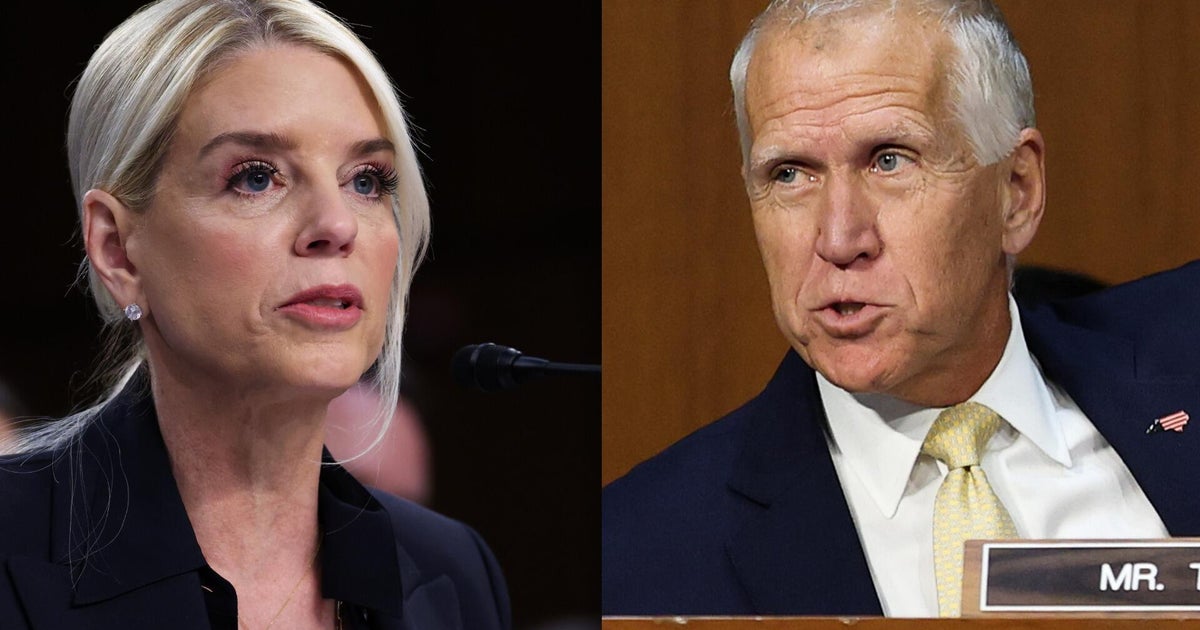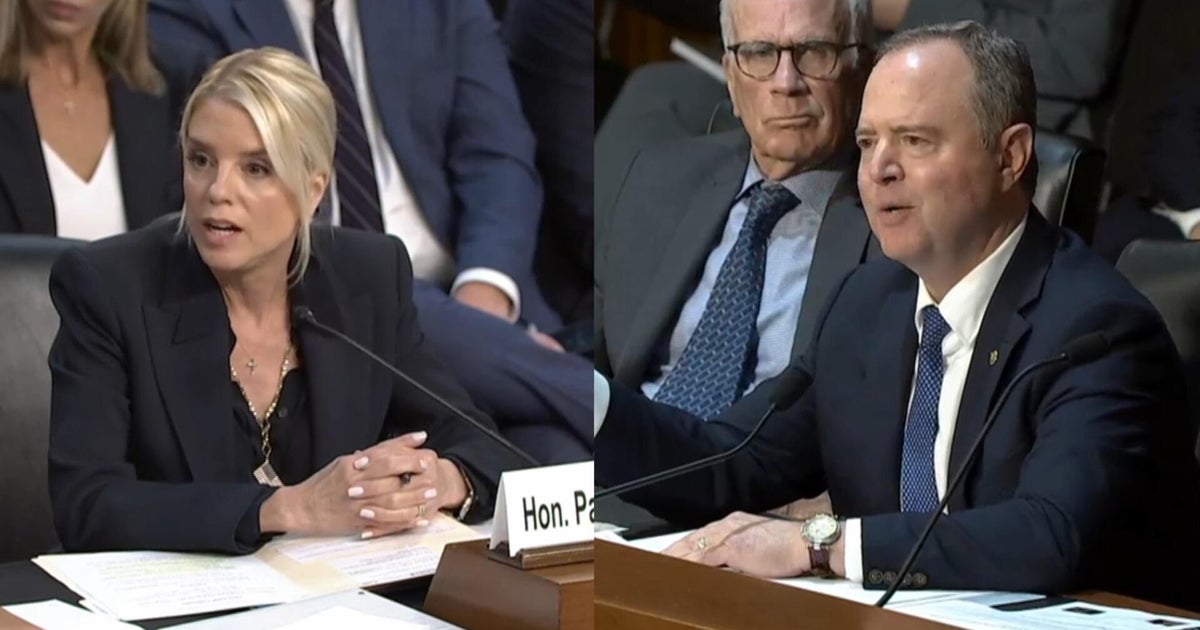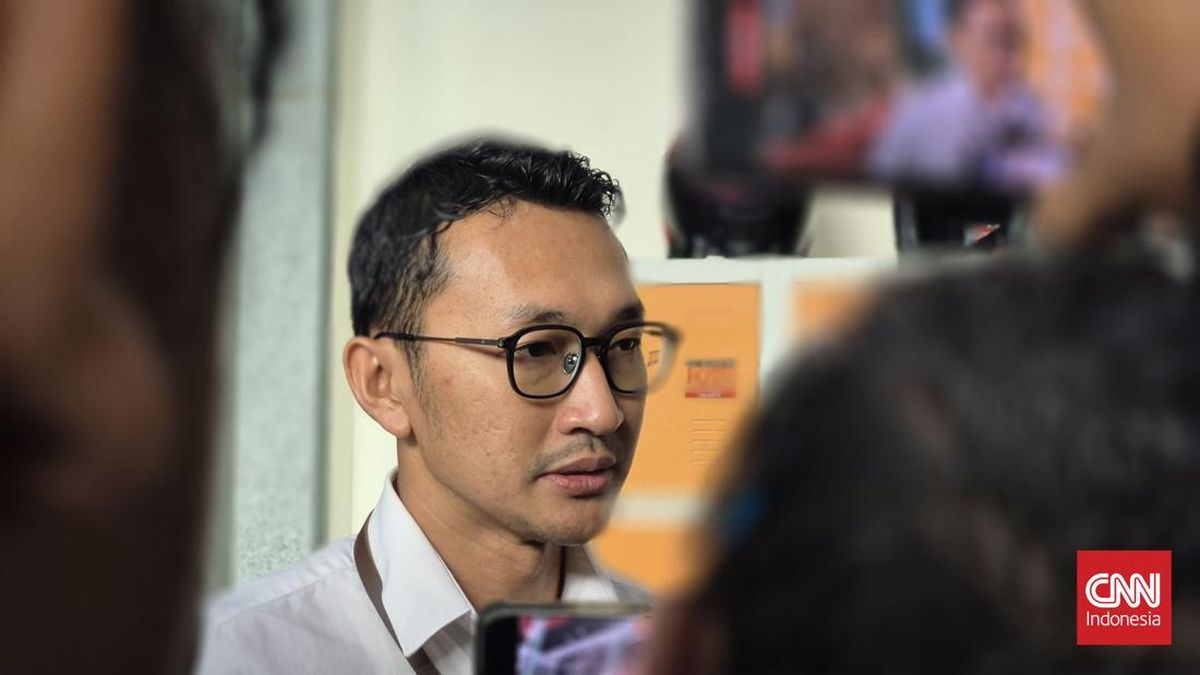You have often written about the death tax paid on the taxable component of your super if left to a non-dependent, but it is not easy to find the taxable component, at least from Hostplus. Prompted by your comments, I checked the member statement for 2024–25 for my pension account, but it does not appear; nor was it anywhere to be easily found within my member portal on the Hostplus website.
When I called Hostplus, I was told the information was not included in the member statement, nor was it available on the website, but only upon specific request. As it turns out, the information is on the website but only at the tail end of a few too many unclear sub-menus. Not sure if my experience is similar for others, but in my view the taxable component should be easy to find, preferably in the annual member statement.

If you’re feeling lost when searching for information from your fund, it might be best to give them a call.Credit: Simon Letch
Unfortunately, there’s no explicit requirement to disclose the breakdown of taxable and tax-free components in a member statement or online. Some super funds do offer this, but others do not.
My advice is that if you can’t find the tax breakdown on your annual statement, call your fund to request a quote or statement that provides these figures and/or shows where to find them online.
Super funds are required to track the tax components for members, and Hostplus should be able to provide them on request.
Loading
For me, it’s disappointing that some funds are not making this information more accessible – it’s just another example of the lack of interest many superannuation funds have in their members’ welfare when they retire.
I’m a 57-year-old male in Sydney, recently made redundant from the banking/finance sector. I have a mortgage of $300,000 and about the same in super. I also have a further $100,000 doing not much. What should I do with this – super, shares, or principal reduction, or is there another option I should be considering that would make better use of these funds? I will need to return to the workforce.
At this stage in your life, the best strategy is to keep your affairs as flexible as possible because your future is uncertain. You can’t access your superannuation until you are 60, and I suggest you keep your $100,000 in a high-interest bank account to ensure you have money available for your mortgage repayments and living expenses.
It would not be wise to place money with growth investments such as shares at this stage in your life. I have no doubt you will find a job soon, at which point you can reassess and put a longer-term plan in place with far more confidence.
I always read your answers, especially those for pensioners, and was struck by your remarks about the 4 per cent super withdrawal requirement and the 17 per cent tax. I am puzzled about both.
We are not on a government pension and live on investment income. My wife is 74 and I am nearly 80. I have a defined benefit fund with BT, just above the pension threshold, and if I die first my wife will receive 50 per cent. She has about $145,000 in Australian Super, untouched since she retired at 60. Could leaving it there cause problems, given we don’t need the money? We also have an adult son on a disability pension. We wish to provide for him as much as we can. Should we take steps with my wife’s super so more of it passes to him?
If a person has money in super in pension mode, they are required to draw a percentage of their balance every year by way of a pension. If the money is in accumulation mode, there is no such requirement.
But the downside of having money in accumulation mode is you are paying a flat 15 per cent tax on its earnings. Leaving the money in accumulation mode will not cause problems as such for your wife, except she would be receiving a lower net rate of return.
The best way to protect your son is to make him a nominated beneficiary of your wife’s superannuation, as then it will go automatically to him. This is preferable to relying on the will because the fund will be able to pay him directly without any dispute.
Loading
You’ve written several articles recently about compound growth and the power of starting early. What would you recommend family and friends set up as a savings or investment strategy for a newborn?
Compounding requires the investment to have the earnings reinvested automatically so that the amount grows faster as time passes. You also need to think of the punitive children’s tax, which applies to earnings of money left to a minor once they exceed $416 a year.
The best solution is an insurance bond, which is a tax-paid investment (meaning the tax payable is deducted from the earnings of the fund each year). There is never anything to declare on anybody’s tax return during the period of the investment.
Furthermore, once the child reaches 18 – or at a suitable time, when decided by the grandparents or parents – the money can be transferred tax-free. They are a very effective and simple investment.
Noel Whittaker is author of Retirement Made Simple and other books on personal finance. Questions to: [email protected]
- Advice given in this article is general in nature and is not intended to influence readers’ decisions about investing or financial products. They should always seek their own professional advice that takes into account their own personal circumstances before making any financial decisions.
Expert tips on how to save, invest and make the most of your money delivered to your inbox every Sunday. Sign up for our Real Money newsletter.
Most Viewed in Money
Loading


















































